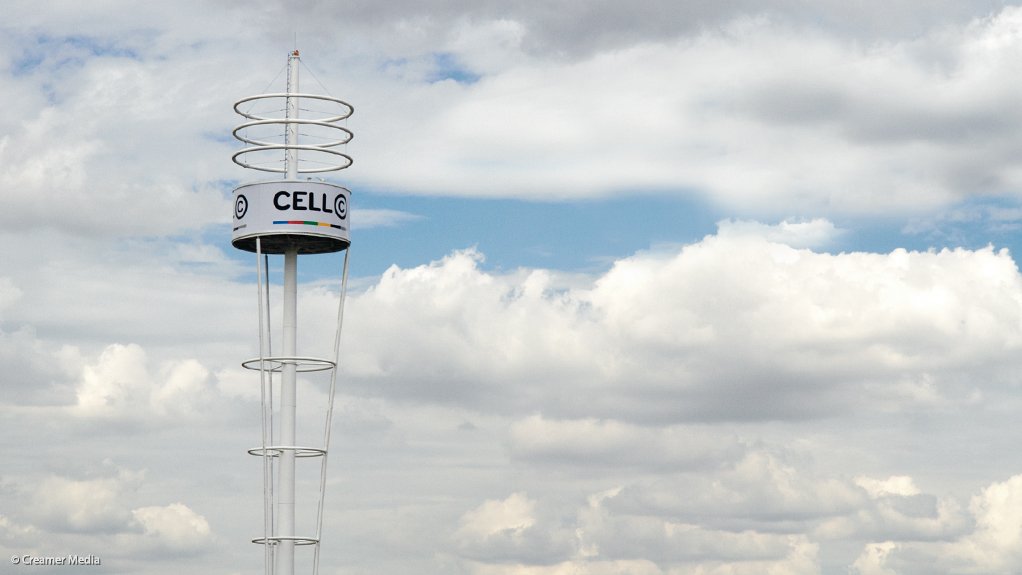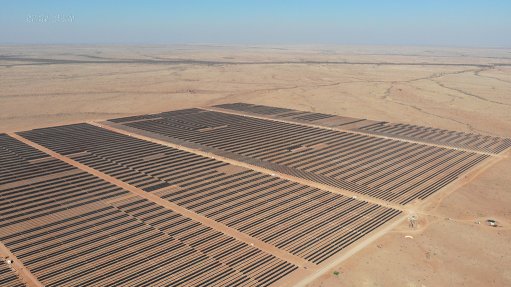Cell C mulls legal action against MTR decision
Cell C has indicated its plans to challenge the asymmetry rates set within the latest mobile termination rates (MTRs) tabled by the Independent Communications Authority of South Africa (Icasa) this week.
Speaking at the MyBroadband conference, in Midrand, on Tuesday, Cell C CEO Jose dos Santos said South Africa’s third-largest mobile operator was reviewing the gazetted tariffs and would make a final decision on what action it would take within the next few days.
The asymmetry rates, which allow smaller operators and new entrants to charge the larger rivals a higher termination rate, were meant to facilitate competition in the industry.
Icasa finalised the long-awaited rates after a court-ordered review of the pricing process used to determine the rates.
The South Gauteng High Court declared the 2013 glide path “invalid and unlawful” after Vodacom and MTN took Icasa to court a month before the initial March implementation to have the gazetted termination rate execution suspended and the rates reviewed and set aside.
South Africa’s two largest mobile operators had, at the time, drawn criticism from other stakeholders for potentially delaying the implementation of the rates when Icasa had moved the application of the MTRs by a month and accused the duopoly of hampering attempts to further cut the cost of communication in South Africa.
The latest MTR cuts up to 2017 were set to be implemented as from Wednesday.
The MTRs would remain at the 20c rate implemented in April, until September 2015, with the asymmetry rate reduced from the initial 44c to 31c until February.
In October 2015, the MTRs would then decline to 16c until the end of September 2016, before dropping to 13c in October 2016.
From March 2015 until February 2016, the asymmetry rate would decline to 24c and then to 19c during the period from March 2016 to February 2017.
While the general MTRs had not changed much from the initial proposals, the reduction of the asymmetry rates did not promote competition and would help the dominant players entrench their market position, Dos Santos stated.
Asymmetry rates remained nearly the same as those under the first 2010 glide path which Icasa has said had not changed the status quo of competition in the industry.
Dos Santos felt the smaller players were the driving force behind the lowering of voice calls in South Africa, noting that a competitive asymmetry was required to maintain this momentum.
The new rates were revised from the draft call termination rates published early in September, in which Icasa outlined a final reduction to 8c, with an asymmetry rate of 10c, by 2018.
Icasa had initially proposed cuts to 16c, with an asymmetry of 22c, from October until February 2015, after maintaining the MTR at 20c in the first 12 months with an asymmetry rate of 30c.
The authority had, in the draft, planned to reduce the MTR rates to 12c in March 2016 and 8c in March 2017, with asymmetry rates steadily reducing to 16c in March 2016 and 10c from March 2017 until the end of February 2018.
Comments
Press Office
Announcements
What's On
Subscribe to improve your user experience...
Option 1 (equivalent of R125 a month):
Receive a weekly copy of Creamer Media's Engineering News & Mining Weekly magazine
(print copy for those in South Africa and e-magazine for those outside of South Africa)
Receive daily email newsletters
Access to full search results
Access archive of magazine back copies
Access to Projects in Progress
Access to ONE Research Report of your choice in PDF format
Option 2 (equivalent of R375 a month):
All benefits from Option 1
PLUS
Access to Creamer Media's Research Channel Africa for ALL Research Reports, in PDF format, on various industrial and mining sectors
including Electricity; Water; Energy Transition; Hydrogen; Roads, Rail and Ports; Coal; Gold; Platinum; Battery Metals; etc.
Already a subscriber?
Forgotten your password?
Receive weekly copy of Creamer Media's Engineering News & Mining Weekly magazine (print copy for those in South Africa and e-magazine for those outside of South Africa)
➕
Recieve daily email newsletters
➕
Access to full search results
➕
Access archive of magazine back copies
➕
Access to Projects in Progress
➕
Access to ONE Research Report of your choice in PDF format
RESEARCH CHANNEL AFRICA
R4500 (equivalent of R375 a month)
SUBSCRIBEAll benefits from Option 1
➕
Access to Creamer Media's Research Channel Africa for ALL Research Reports on various industrial and mining sectors, in PDF format, including on:
Electricity
➕
Water
➕
Energy Transition
➕
Hydrogen
➕
Roads, Rail and Ports
➕
Coal
➕
Gold
➕
Platinum
➕
Battery Metals
➕
etc.
Receive all benefits from Option 1 or Option 2 delivered to numerous people at your company
➕
Multiple User names and Passwords for simultaneous log-ins
➕
Intranet integration access to all in your organisation





















